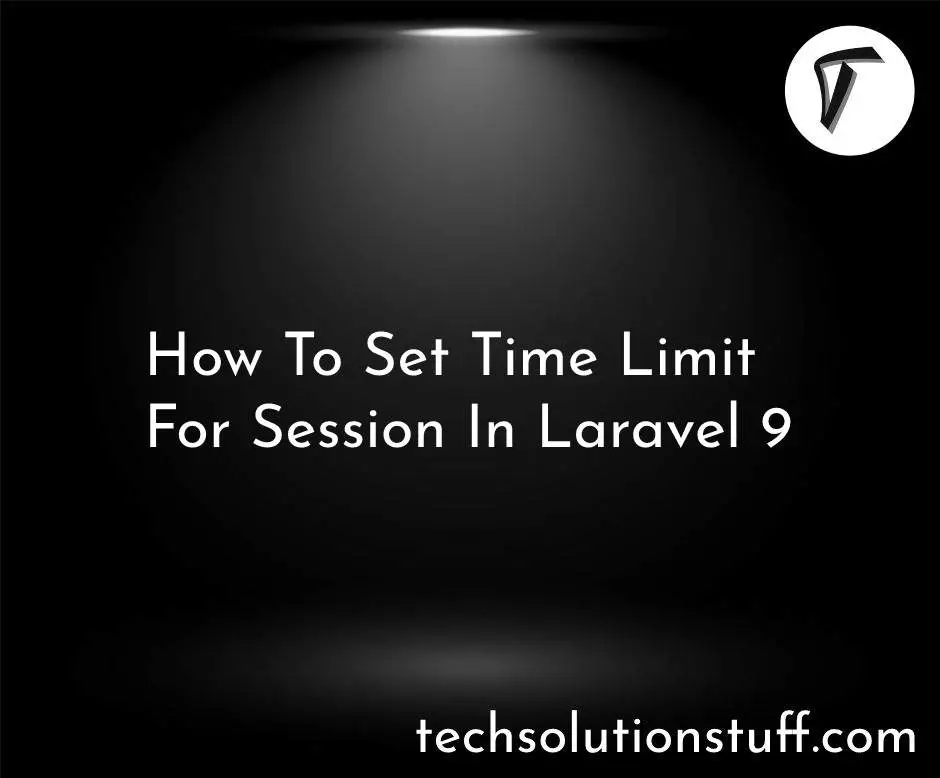

If you want to make the date interpreted as UTC instead of local timezone, use toUTCString().Have a look at the documentation for the Date object. If you only want to get the time part, use toTimeString(). It's pretty simple: var myDate new Date ('6') That should do the trick.If you only want to get the date part, use toDateString().If the this value does not inherit from Date.prototype, a TypeError is thrown. const dateString '' var mydate new Date(dateString + 'T00:00:00') console.log(mydate.

Convert string to date javascript iso#
For example: "Thu 00:00:00 GMT+0000 (Coordinated Universal Time)".ĭ() must be called on Date instances. Just concatenate your date string (using ISO format) with 'T00:00:00' in the end and use the JavaScript Date() constructor, like the example below.
Convert string to date javascript how to#
() returns a string representation of the Date as interpreted in the local timezone, containing both the date and the time - it joins the string representation specified in toDateString() and toTimeString() together, adding a space in between. The example given above shows how to convert a date from a String to a Date object using the Date classs constructor. Date. If the String pattern is invalid, then IllegalArgumentException is thrown. If converted successfully, then print the Date. Convert the String to Date using LocalDate.parse () method. The Date object overrides the toString() method of Object. If you have a valid date string, you can use the Date.parse() method to convert it to milliseconds. Approach: Get the String to be converted and the required format. However, still calls this.toString() internally. To convert a date string to a JavaScript date object, we can either extract the parts of the date string ourselves and put it into the Date constructor. Because Date has a method, that method always takes priority over toString() when a Date object is implicitly coerced to a string. And we can convert a moment date object to a native JavaScript Date instance with toDate: const date moment('12-25-2020', 'MM-DD-YYYY').toDate() console.log(date) Conclusion. The toString() method is part of the type coercion protocol. Object.prototype._lookupSetter_() Deprecated.Object.prototype._lookupGetter_() Deprecated.It is recommended is to store dates as UTC and make computations as UTC. But strings are sometimes parsed as UTC and sometimes as local time, which is based on browser vendor and version. Object.prototype._defineSetter_() Deprecated The best format for string parsing is the date ISO format with the JavaScript Date object constructor.Object.prototype._defineGetter_() Deprecated Change JavaScript Date from ISO string We have a date string in ISO format, like T19:38:34.203Z and want to convert it into a date object with new Date() method.

JavaScript: document.getElementById('date'). There are some odd things with JavaScript dates but let's go for it anyway:Įnter a date as MM/DD/YYYY and then click out of the input to trigger the change event. const year, month, day ''.split ('-') const date new Date (year, month - 1, day) console.log (date.toDateString ()) We call split on the date string with '-' to split the. I too recommend Moment.js however it is a big download. One way to create a JavaScript date object from a date string is to extract the date parts from the date string and pass them all into the Date constructor.


 0 kommentar(er)
0 kommentar(er)
